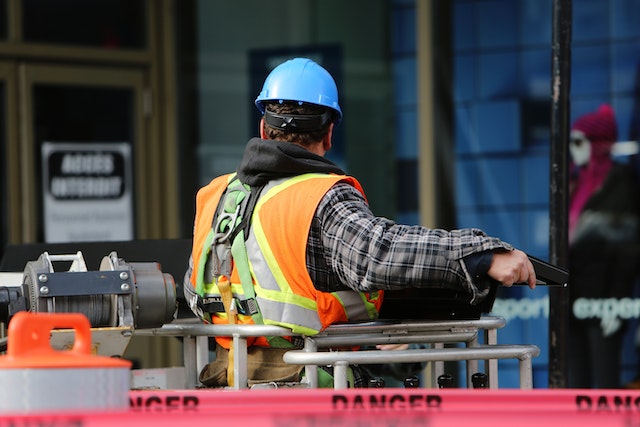
The last thing anyone wants to happen is to get injured doing their job. Unfortunately, this is the case for millions of employees each year, leaving them in a precarious position. Being physically unable to work in any capacity can be stressful. Many people may wonder how exactly they are going to pay their bills or other necessities if they are unable to collect a paycheck. Depending on the circumstances, if you are injured or become ill due to an occupational disease, you may be entitled to workers’ compensation.
In the state of New Jersey, workers’ compensation provides partial medical care, as well as income protection, for those who are unable to continue their occupation due to some form of injury or illness they sustained while working. However, not all employees may be eligible for workers’ compensation. Some may even have the status of their eligibility challenged by their insurance provider. If you have recently suffered from a work-related injury or illness, and are seeking workers’ compensation, do not hesitate to contact the Middlesex County workplace accidents attorneys at Stathis & Leonardis, LLC for more information about your next steps.
What are the benefits of workers’ compensation?
According to New Jersey state law, the extent of the benefits for your worker’s compensation can depend on the severity and longevity of your injuries or illness. For example, typically all worker’s compensation claims will include some form of medical benefits that will partially cover any required medical treatment, prescriptions, and hospitalization. However, coverage for income can vary depending on the nature of the injuries. Temporary disability benefits are granted to those who have not been able to work for over seven days. This will usually reimburse an injured employee with 70% of their average weekly wage. The maximum amount they can receive is 75% of the Statewide Average Weekly Wage (SAWW), while the minimum reimbursement can be no lower than 20% of the SAWW. Once they have reached maximum medical improvement (MMI), these benefits are terminated.
Although, these benefits can continue if the injury results in a permanent partial disability. If that is the case, an employee may be entitled to permanent partial benefits which would allow them to receive weekly benefits after their temporary disability benefits come to an end. They could also potentially be entitled to permanent total benefits if their injuries make it impossible for them to return to any form of employment. In this scenario, they would initially receive these benefits for 450 weeks; if they are still unable to work after that period, they can continue receiving payments indefinitely. It should also be noted that if a worker dies due to a work-related incident, their dependents would be entitled to these benefits.






